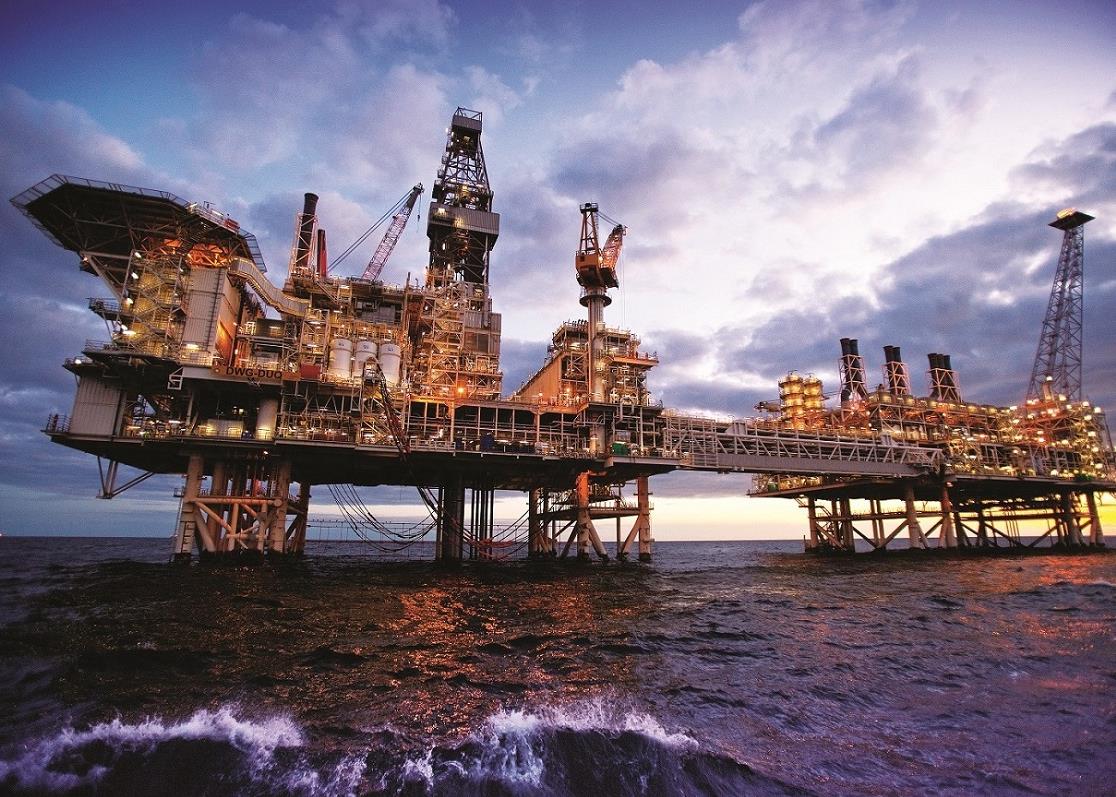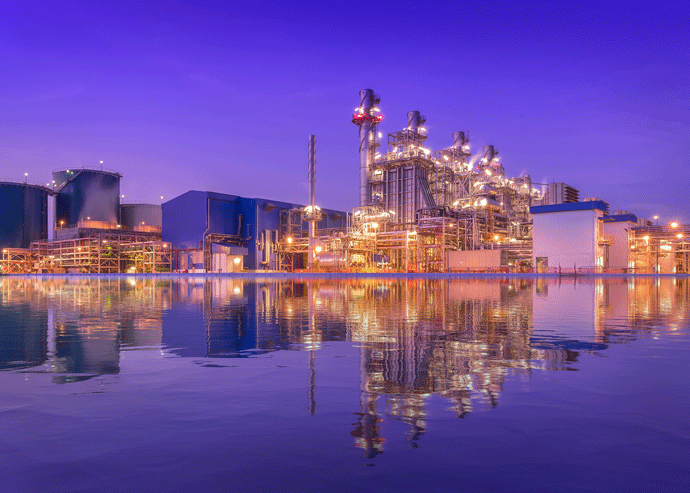
Lebanon hopes to launch a licensing round for offshore oil and gas exploration this year, but translating unproven potential into genuine resources will require more political unity
Oil & gas in numbers
$4.4bn: Estimated losses to the government due to energy shortage in 2010
1.7 billion: Estimated barrels of oil in the Levant basin, offshore Lebanon, Syria, Cyprus and Israel
122 trillion: Estimated gas reserves in cubic feet in the Levant basin
Sources: MEED; US Geological Survey
Lebanon is planning to hold its first licensing round for offshore oil and gas contracts by November 2011, according to a statement by energy and water minister Gebran Bassil.
The announcement, made in mid-November, followed the passing of the country’s first hydrocarbons law by parliament on 17 August. Geologists have been appointed to assist with the data room on the new licensing round, said the minister, and international advisers are also due to be appointed to help manage the tendering process.
Contractors have, meanwhile been invited to express an interest in work on the country’s potential onshore oil and gas resources. Information requests must be lodged with the energy ministry by 25 January.
Potential gas reserves in Lebanon
For a country that is overwhelmingly reliant on imports to supply its domestic energy requirements, this marks significant progress. Seismic surveys indicating the potential for substantial reserves of natural gas offshore Lebanon were carried out in 2006 and 2007.
In March 2010, the US Geological Survey concluded in a study that there are an estimated 1.7 billion barrels of oil and 122 trillion cubic feet of gas in the Levant basin, offshore Lebanon, Syria, Cyprus and Israel.
Beirut has been spurred into action by the much more advanced plans of neighbouring Israel to start exploiting its offshore resources. A consortium of the US Noble Energy and local partners made the world’s largest gas discovery in 2009 offshore Israel, the Tamar field. The deepwater field has estimated reserves of 238 billion cubic metres of gas, and production is due to begin in 2014.
I expect there to be interest in the round from international firms. Everyone is waiting for details
Nassib Ghobril, Byblos Bank
A second Israeli offshore field, Leviathan, is believed to be almost twice as big. According to Noble Energy, the field holds a potential 453 billion cubic metres of gas. Exploration is under way, and if the results due next year show the fields to be commercially viable, production could begin by 2016. Tel Aviv hopes that the two gas fields will meet domestic gas demand for at least 20 years, and plans are being developed to export the gas to Europe by Greece.
Israel’s success offers hope that similar discoveries can be made offshore Lebanon, and with similar benefits. Lebanon’s power sector is in disarray. In the summer, government rationing of electricity became so severe in some parts of the country that the army was forced to intervene to disperse protesting residents who had used rocks and burning tyres to set up impromptu roadblocks. According to one member of Hezbollah, the militant Shia movement that shares power with Saad Hariri’s March 14 grouping, the summer power shortage was “threatening the economic, social and living dimensions of people”.
The energy shortage is also financially crippling for the government. The state electricity sector lost an estimated $4.4bn in 2010 and without further action this is expected to rise to $9.5bn in 2015. State power company Electricite du Liban costs the government an estimated $1.5bn a year in subsidies. Although the government passed an energy strategy in 2010 under which it plans to add more than 4,000MW of generation capacity by 2014, little headway has been made in determining how this might be achieved.
Lebanon’s oil and gas potential offers the promise of a future in which such problems can be overcome, or at least mitigated. Several oil majors are understood to have expressed an interest in the exploration round, although any commitment will be dependent on the details of the acreage and the terms being fleshed out.
“I expect there to be interest in the round from international exploration firms,” says Nassib Ghobril, chief economist at Byblos Bank in Beirut. “Everyone is waiting for more details.”
Hydrocarbons law in Lebanon
For Lebanon’s unproven oil and gas potential to be translated into genuine resources, three main hurdles must be overcome. First, the hydrocarbons law needs to be fleshed out with further regulations governing the details of how the new framework will work in practice. Second, the maritime border with Israel has to be agreed. And third, the country needs to find qualified personnel to put the plans into action.
At the moment, the hydrocarbons law offers little more than a skeleton for the regulation of the oil and gas sector. The legislation passed in August agrees that a new authority will be established to manage the hydrocarbons sector under the aegis of the energy ministry, but with a certain amount of financial and administrative independence. The board of the new body will be appointed by the cabinet following recommendations from the energy minister. A sovereign wealth fund is set to be created into which funds from oil and gas exploitation will flow.
The implementation of all of these is likely to be fraught with political complications. Although the creation of a unity government in Lebanon has ushered in a period of relative political stability for the country, the necessity of ensuring the agreement of disparate factions has made the formulation and implementation of policy all the more difficult.
In 2010, parliament passed its first budget for five years, but it took almost the entire year to agree the details and the result was a deal lacking in any coherent plan for dealing with the country’s deepening fiscal deficit.
Reserve fund in Lebanon
The management of the proceeds from oil and gas development is particularly contentious, and the proposed creation of a new sovereign wealth fund has already caused so much disagreement that parliament chose to pass the hydrocarbons law without any details of how it will be done. “The debate on the reserve fund, how it should be structured and who should supervise it had to be postponed because it was creating frictions,” says Ghobril.
Agreement on Lebanon’s maritime borders, which have not been formally demarcated, is also likely to entail a lengthy process of negotiation. Negotiations with Cyprus and Syria are progressing well, and Israel has agreed a border deal with Cyprus, but a deal on the offshore boundary between Lebanon and Israel will prove more difficult to reach.
The two countries are still officially at war, and Hezbollah has already suggested that Israel’s head start in the development of its resources opens up the possibility that it might start exploiting resources in waters claimed by Beirut. The Tamar and Leviathan fields are sufficiently far south of the current nominal border that in practice this is unlikely to be a serious issue in the medium term, but politically it could still be problematic.
Iran’s interest in helping Lebanon’s exploitation of its oil and gas resources, enshrined in an energy co-operation agreement signed between the two countries in late 2010, muddies the waters still further. Iran’s potential involvement could hamper any deal being reached with Israel on the maritime border and constrain US and European companies from participating in exploration.
There is reason to be hopeful that a maritime border can be agreed between the two countries. Beirut has filed a letter to the UN asking for its input on the matter, opening up the possibility that a deal might be reached through a process of arbitration, and it is in the interests of both countries to ensure that the issue is brought to a close. Athens has indicated that any eventual deal for it to import Israeli gas would be dependent on the resolution of the border dispute.
But the resolution of all these issues will be made all the more difficult by the delicate nature of the political balance in Beirut. The unity government came perilously close to disintegration in the second half of 2010 over the impending results of the UN investigation into the assassination of former prime minister Rafiq Hariri.
The UN’s special tribunal into Hariri’s death has been denounced by Hezbollah, which claims that it is a smokescreen for a US-Israeli plot to frame the organisation for the killing of the former leader.
The shadow cast by the investigation means that the chances of a sustainable political deal being reached on the hydrocarbons authority and the sovereign wealth fund are all the more slim.
“These are very sensitive times in Lebanon,” says the energy analyst. “If I were a private company I wouldn’t get involved in any serious investment until the resolution of the Hariri investigation.”
Even if these obstacles can be overcome, Lebanon’s slow-moving bureaucratic processes and lack of personnel skilled in the management of a hydrocarbons business mean that the odds are stacked against the smooth introduction of an efficient oil and gas administration in the country.
“The big problem with the energy ministry is that they don’t have the people to implement the law,” says the energy analyst. “Finding the right people to manage the sector in the next couple of years will be a huge challenge.”
Commercial viability of gas reserves in Lebanon
But beyond all the complexity of Lebanon’s political situation, a much more fundamental question is still to be addressed: whether the country’s oil and gas resources are commercially viable.
The data that is currently available on Lebanon’s offshore potential might be promising, but it offers no certainty as to what quantity of reserves are recoverable, or how expensive it would be to extract them. Even if saleable amounts of oil and gas are found, industry experts say that it could take eight to 10 years for production to begin, which would do nothing to address the country’s energy crisis in the medium term.
“There are some high hopes for the country’s hydrocarbons sector,” says Ghobril. “But we have to be realistic and wait to see what quantity of oil and gas lies offshore, what is the cost of extraction and whether it is commercially viable. For me that’s the key challenge.”
You might also like...

Adnoc Offshore awards Upper Zakum contract
17 April 2024

Oman awards Batinah coastal road contract
17 April 2024

Oman appoints Al Khuwair Downtown project manager
17 April 2024
A MEED Subscription...
Subscribe or upgrade your current MEED.com package to support your strategic planning with the MENA region’s best source of business information. Proceed to our online shop below to find out more about the features in each package.









